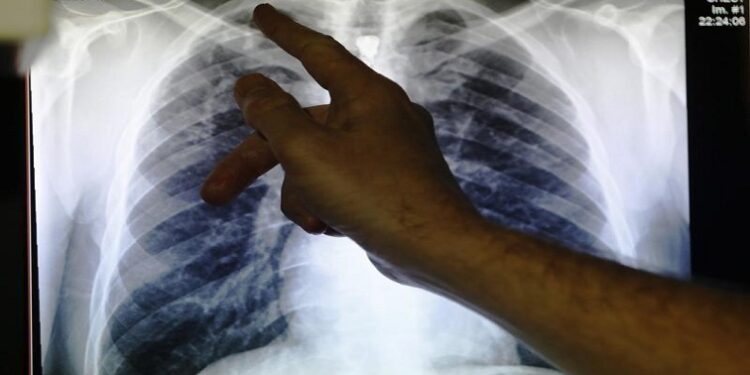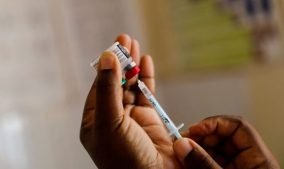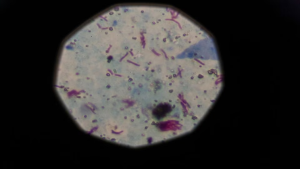The 7th South African Tuberculosis Conference in Durban opened on Tuesday by addressing the withdrawal of key health roleplayers from this year’s meeting.
According to conference chairperson Professor Willem Hanekom, the World Health Organisation, the Bill and Melinda Gates Foundation as well as the internationally based organisation FIND, pulled out from attending the conference. This follows allegations that one of the conference’s main sponsors had previously accepted money to conduct a study on the tobacco industry.
Despite TB being preventable and curable, it remains among the top most highly infectious diseases worldwide.
The conference started off with noticeable empty chairs. The allegations surfaced days before the event, resulting in tensions, confusion and the untimely withdrawal of some delegates.
Withdrawal of key health roleplayers addressed at the TB Conference:
The issue is centred around one of the conference’s main sponsors, who allegedly had previously accepted money in 2021 to do a study on the tobacco industry. A move that the conference believes could have potentially derailed the event this year.
“About 12 days ago, we heard from the WHO speaker that he could not attend anymore because the conference organisers are funded by the tobacco industry. It turns out that FBD has received a small amount of funding to do a study looking at the interaction of cigarette smoking and COVID-19 from a foundation that is called the foundation for a smoke-free world. Long story short, it turns out that this foundation was fronting for the tobacco industry,” explains the Executive Director of Africa Health Research Institute Professor Willem Hankeom.
7th SA TB Conference opens in Durban:
Experts say that the COVID-19 pandemic has put the treatment of TB on the back foot. Reduced access to TB diagnosis and treatment has resulted in an increase in TB deaths and a notable spike in infections globally. Over 25 000 people die from Tuberculosis each year in South Africa.
There are calls from some Civic organisations for more of a collective approach by organisations in combating the prevalence of TB in communities as opposed to some working in silos.
“TB is everyone’s problem, a lot more can be done if we work together and not in silos,” says SANAC National Civil Society Forum’s Steve Letsike.
South Africa is one of the 30 high-burden TB countries at number 8. India tops the list. Together these countries account for a whopping eighty-six percent of the estimated new TB cases worldwide.
Hanekom went on to say that the tobacco industry was using the foundation to gain legitimacy in the scientific world. He called on delegates to focus on science and community engagement.
“We have more than over 300 000 cases of TB in South Africa every year and 25 000 people died from TB in South Africa every year. During covid in the rest of the world the number of people that died from tuberculosis increased. This was after a steady decline, so basically we are in trouble. we need to take stock of what is going to happen here.”
VIDEO: Deputy Minister of Health Dr Sibongiseni Dhlomo addresses the 7th SA TB Conference
The National Health Department reported that it has crafted a Control of Tobacco Products and Electronic Delivery Systems Bill. Deputy Health Minister Dr Sibongiseni Dlomo says they are hoping that if passed, the bill will assist in decreasing TB infections.
“Once that bill has been passed it will go to parliament. It will take its root now there is the NHI there. we are hoping that once they are done with this BILL they will then focus on this tobacco control. We are hoping they will tackle this bill we so wish we could have.”
Scientists have raised concerns over a lack of investment in diagnostics, particularly, to reduce the time between testing and treatment.
In South Africa, this can take up to five days and requires a patient to physically present themselves back at the clinic to receive their results.
Dr Harry Moultrie from the National Institute of Communicable Diseases spoke about the progress India has made in reducing TB infections by recapacitating diagnostics in line with COVID-19 testing over the last two years.
The four-day conference will see over 1 500 delegates consisting of policymakers, scientists, civil society groups and health professionals convening to come up with strategic ways to fight TB. -Additional reporting by Minoshni Pillay and Nonjabulo Mntungwa-Makamu






